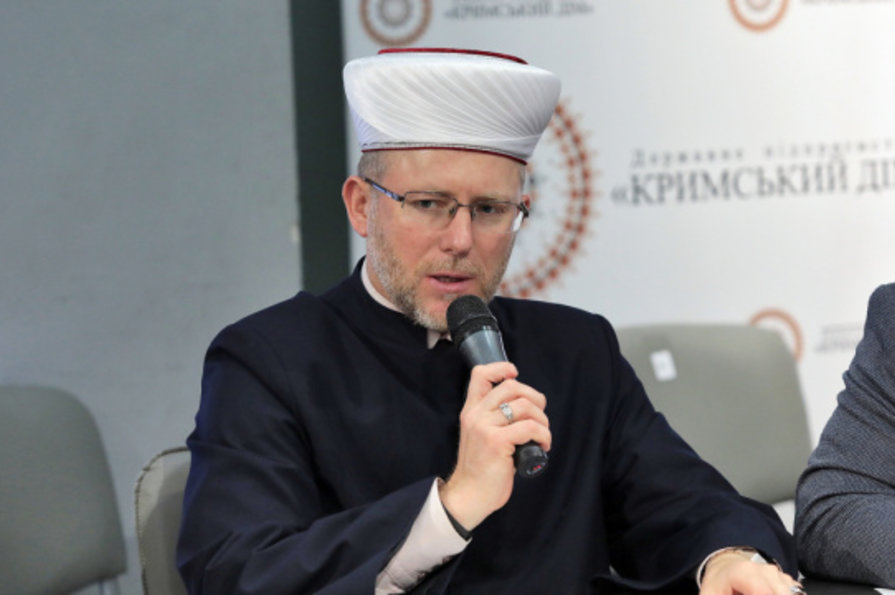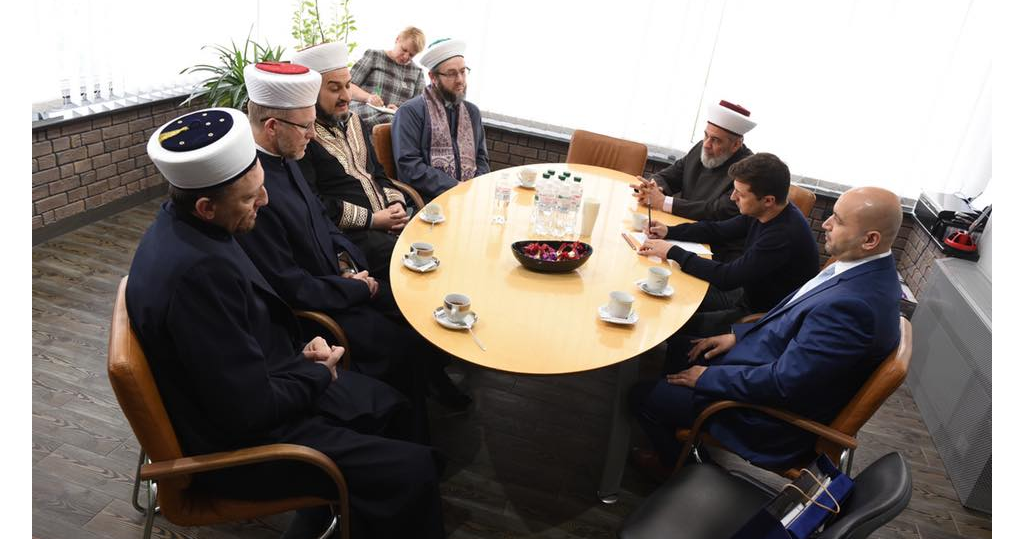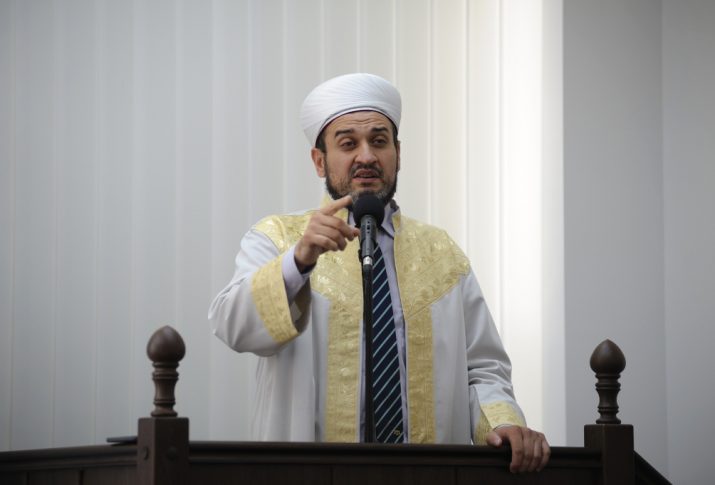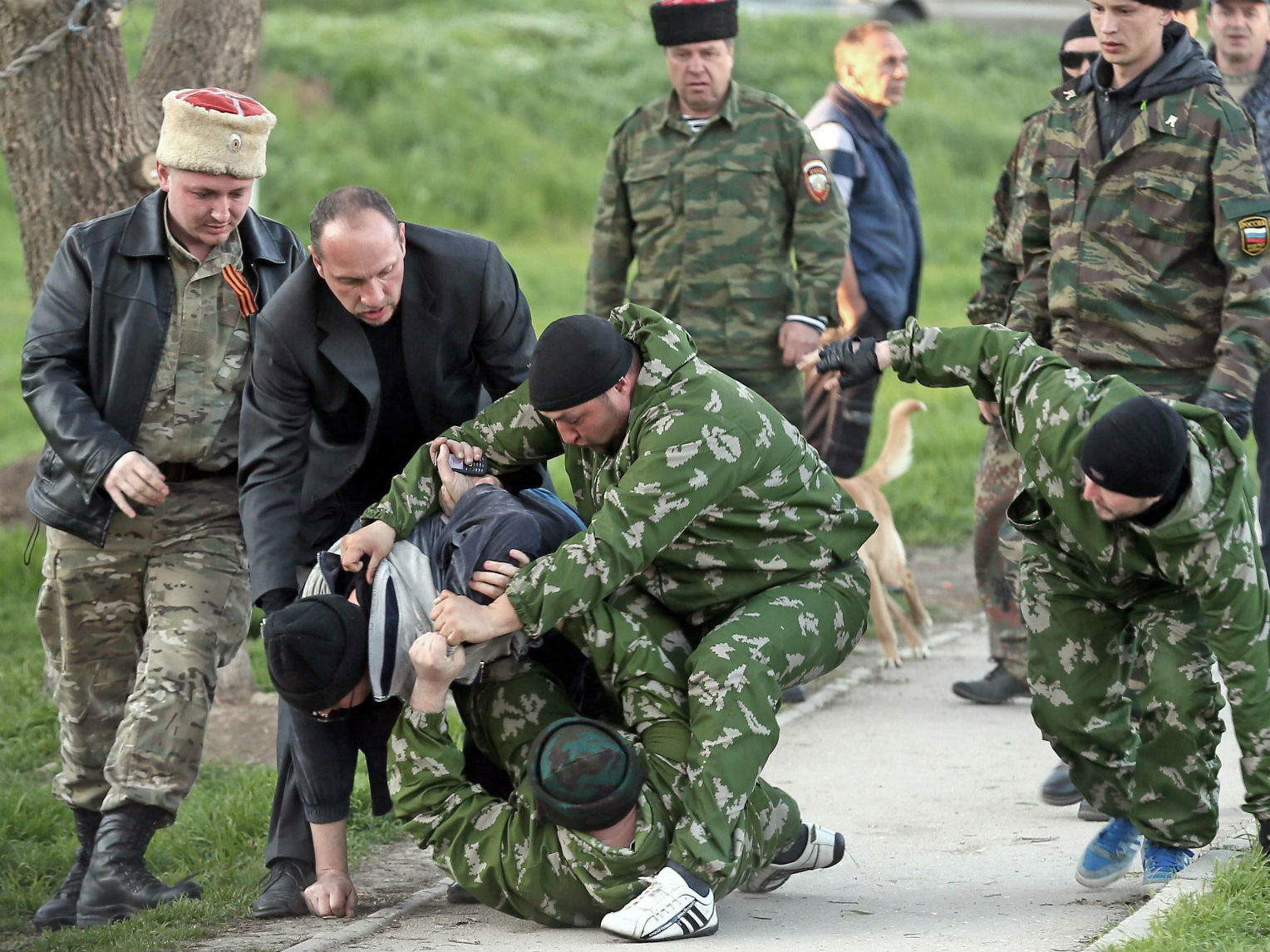Mufti Said Ismagilov, head of the Umma Muslim Spiritual Directorate of Ukraine, says that the looming disintegration of what he calls “the new Russian Empire” will begin with the Muslims as a result of Moscow’s pressure on them, repeating what many expected would be the cause of the demise of the USSR.
Ismagilov says that Moscow is now using “the entire arsenal of pressure” available to it against the rapidly growing Muslim community within its current borders. But that won’t matter because “the Muslim world already for centuries has a definite immunity to such policies.”
“I hope the Muslims will preserve their identity,” the Ukrainian mufti says. “This is a threat to Russia because I think that the disintegration of the new, contemporary ‘Russian Empire’ will begin precisely with the Muslim community.”
Ramazan Alpaut of Radio Svoboda’s IdelReal portal appends Ismagilov’s comments at the end of an article in which he interviews five specialists about the possibility that Russia will at some point have a non-Russian, non-Orthodox president either because of demographic or attitudinal change.
First, Valery Yelisarov, a demographer at Moscow State University, dismisses projections that Russia will have a Muslim majority by 2040 or at least such a sizeable plurality within the population that the group could conceivably elect a Muslim on the basis largely, if not exclusively, the votes of their own religious group.
Second, Nafigulla Ashirov, the chairman of the Muslim Spiritual Directorate (MSD) of the Asiatic Part of Russia, says that there are 25 million Muslims in Russia now and there will be many more in the future, but they are internally so subdivided that they aren’t likely to act like a single political force anytime soon.
Third, Damir Mukhetdinov, deputy head of the MSD of the Russian Federation, agrees. He says that the Muslims of Russia like Russians more generally are “extraordinarily divided on the basis of a whole range of parameters, the key of which are not only and not so much ethno-religious as ideological,” between statists and personalists.
“A polyethnic Russian society from a chronological point of view is still in its infancy: the main social and political institutions have already arisen but it is still too early to speak about their embedding I the fabric of the country.” Because that is so, “Russian society is not prepared to see at the head of state a representative of a religious minority.”
If someone was a convinced follower of Islam, that would certainly be the case, Mukhetdinov says, that would certainly be the case; but if he or she were “an ethnic Muslim,” someone who sprung from an Islamic background but did not flaunt his religion, that might not be the case.
Unfortunately, the mufti continues, at present, there are various attempts to marginalize Muslims; and such people would forcefully oppose any Muslim who ran for a senior post.
Fourth, Yuldash Yusupov, head of Ufa’s Center for Socio-Cultural Analysis, also believes Muslims are very divided but stresses that they lack the kind of resources and experiences that would allow them to become an effective lobbying group let alone a political force more generally.
And fifth, Azimbay Gali, a historian from Kazakhstan, suggests that Russian society will have to go through another serious crisis before a Muslim might be taken seriously as a candidate for president. “Russia now is moving toward its crisis: its economy hasn’t grown for six years, its standard of living is falling, and Russians won’t long put up with this.”
If things get worse, Russians may be willing to turn to someone they hadn’t planned to vote for ever before. He points to the Obama “phenomenon” in the US as an example of such an outcome and argues that such a shift “is not purely American: it applies to all societies,” including Russia’s.
Read More:
- Might Zelenskyy play the Muslim card against Russia?
- Ukrainian mufti puts a Russian one in his place over Orthodox autocephaly
- Russian occupiers continue to destroy history and culture of Crimean Tatars
- Russia’s transformation of ethnic mix in occupied Crimea an act of genocide
- Russian authorities dig up ancient Muslim necropolis to build highway in occupied Crimea
- Repression of Muslims in Crimea – a reflection of Moscow’s fear of Islam as an anti-colonial force
- Russian experts: In 20 years, Moscow will have 35 million residents, a third of them Muslims
- Middle Volga Muslim fighters for ‘Russian world’ in Donbas divided on its meaning, Suleymanov says
- The Russian Federation will disintegrate but not ‘just like the Soviet Union did’
- Moscow paper puts up and takes down article saying disintegration of Russia is ‘inevitable’





